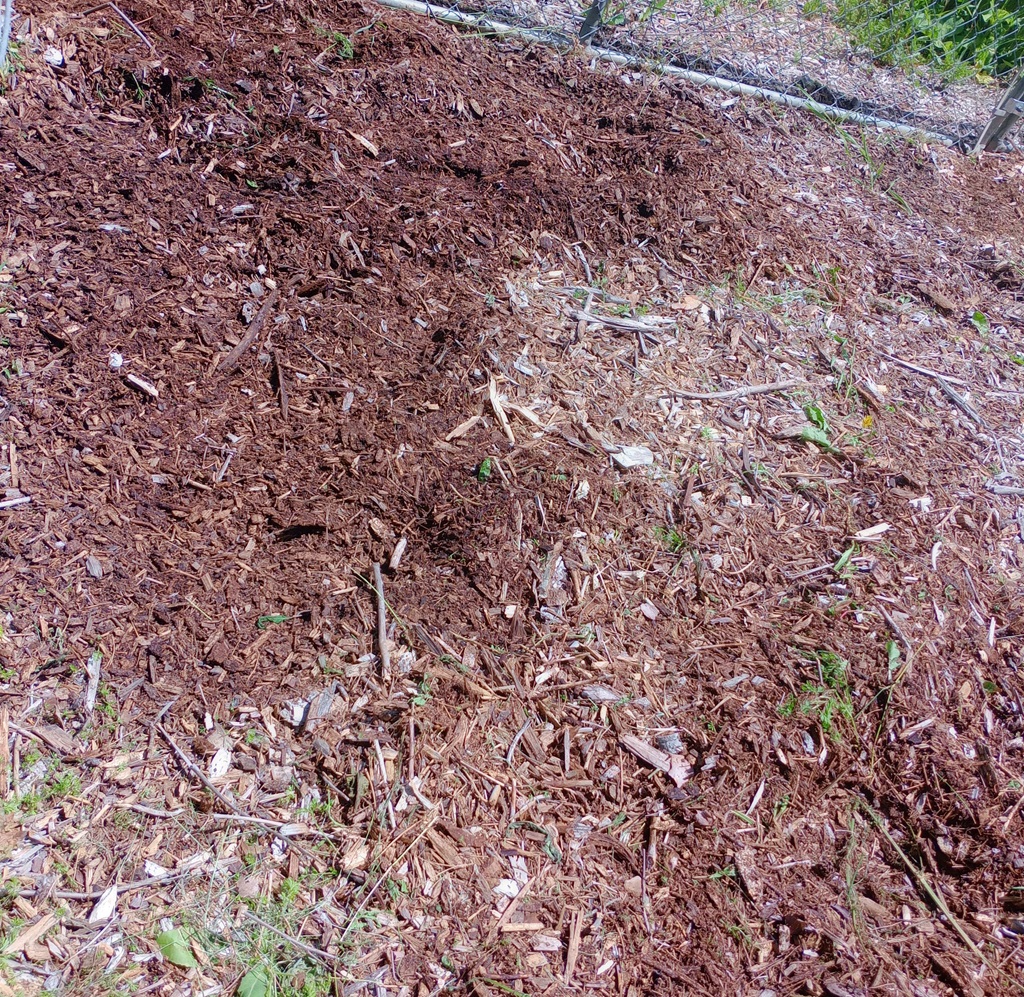Our newer servers don’t have screen – and you cannot install it – so I’ve had to start using tmux:
# list running sessions
tmux ls
# Start a new session or reattach to an existing session named LJR
tmux new-session -A -s LJR
# In session, detach
ctrl+b d Detach
# attach to an existing session named LJR
tmux attach-session -t LJR







